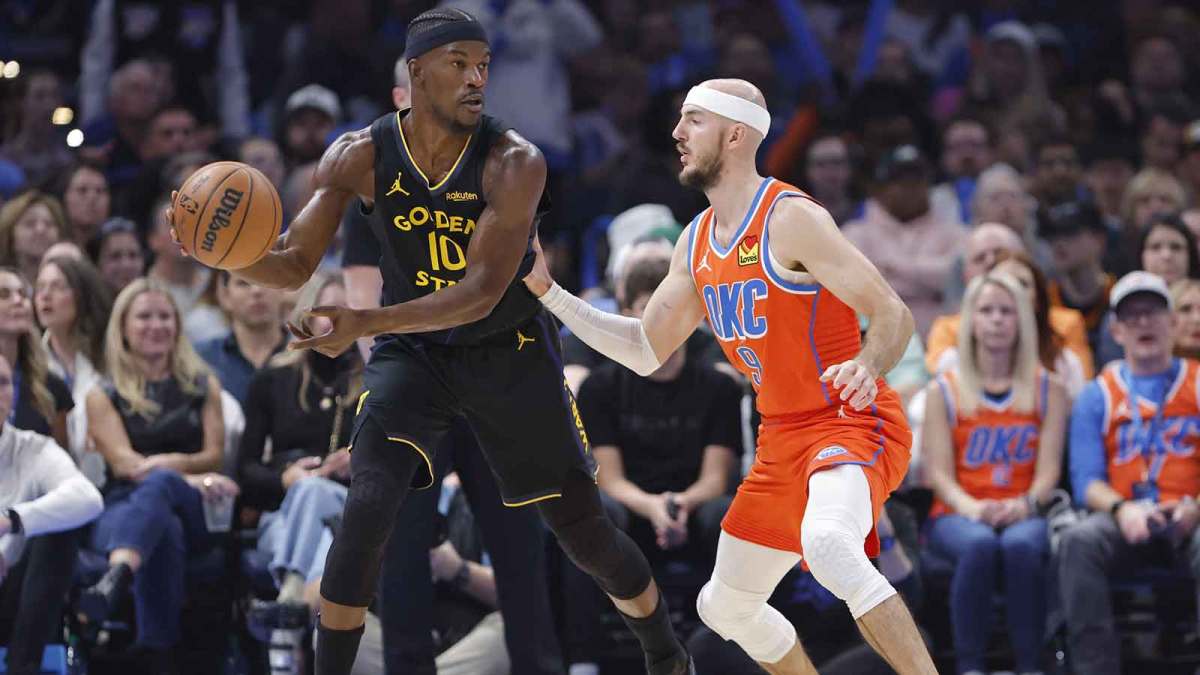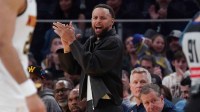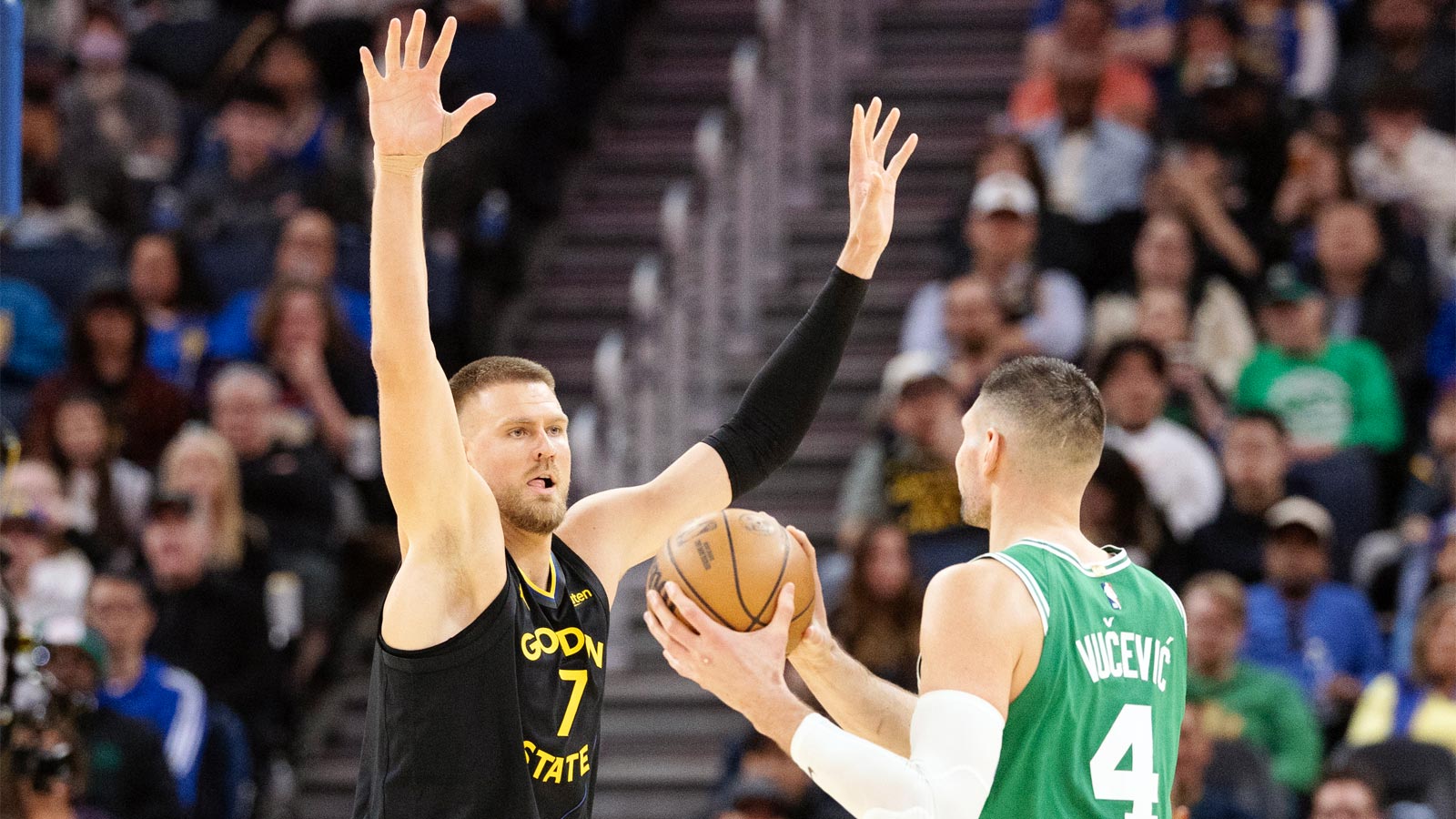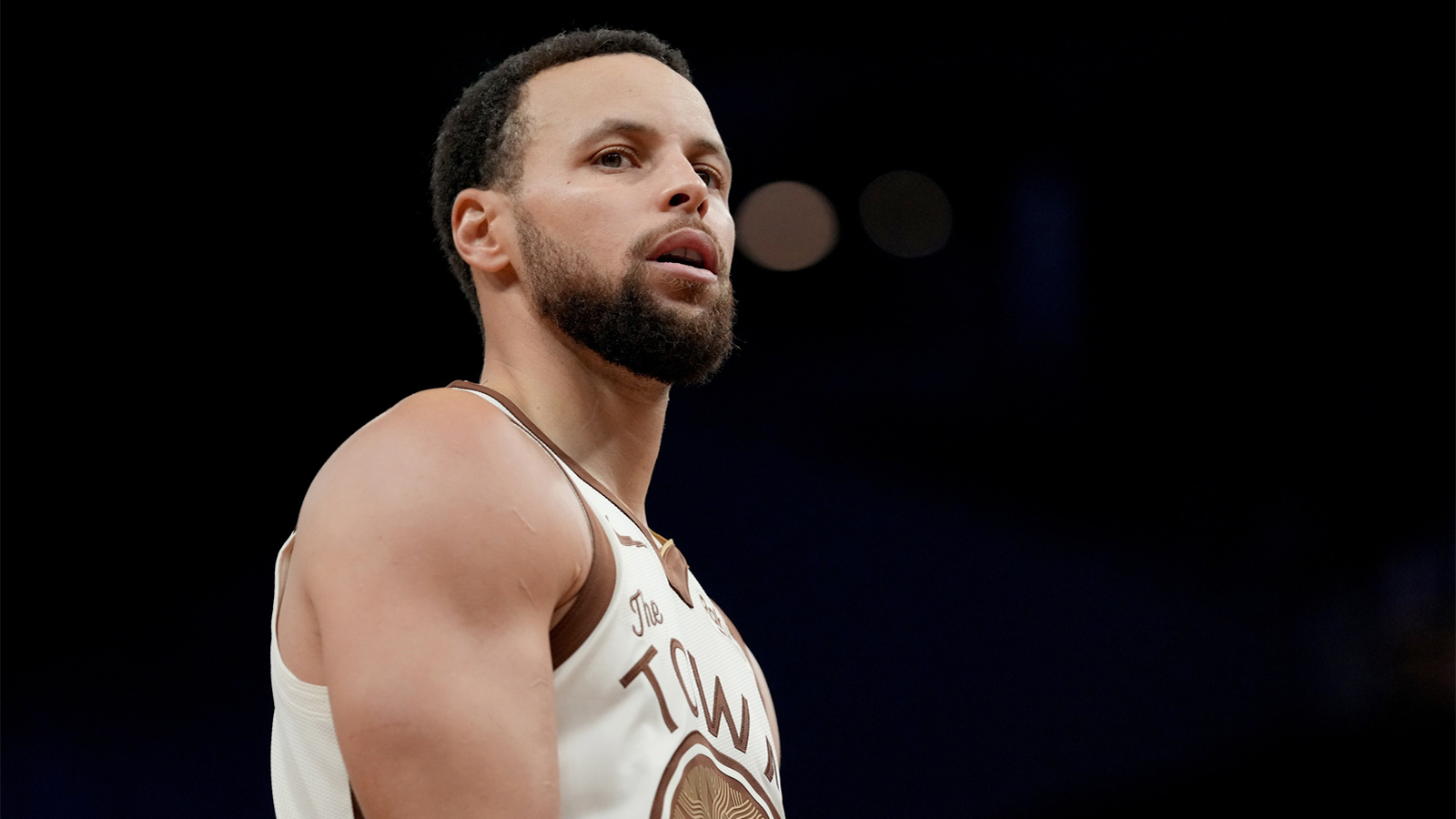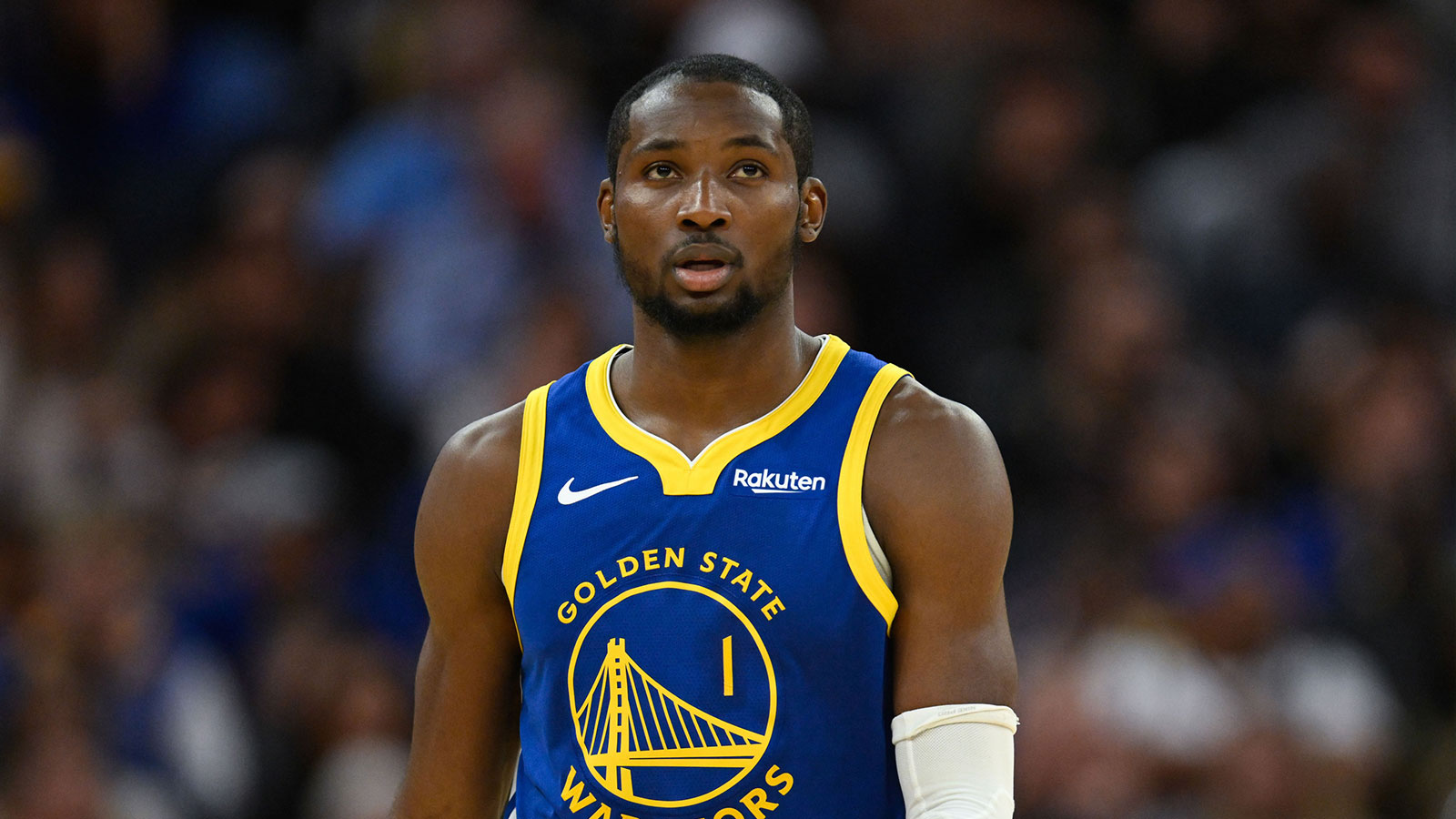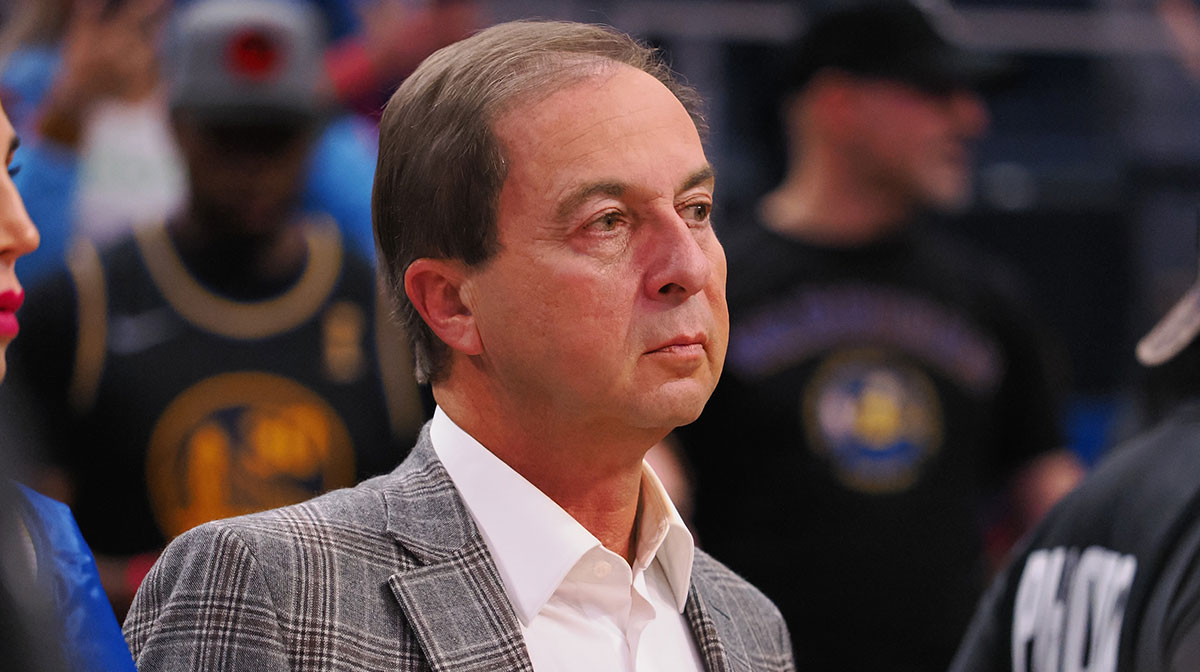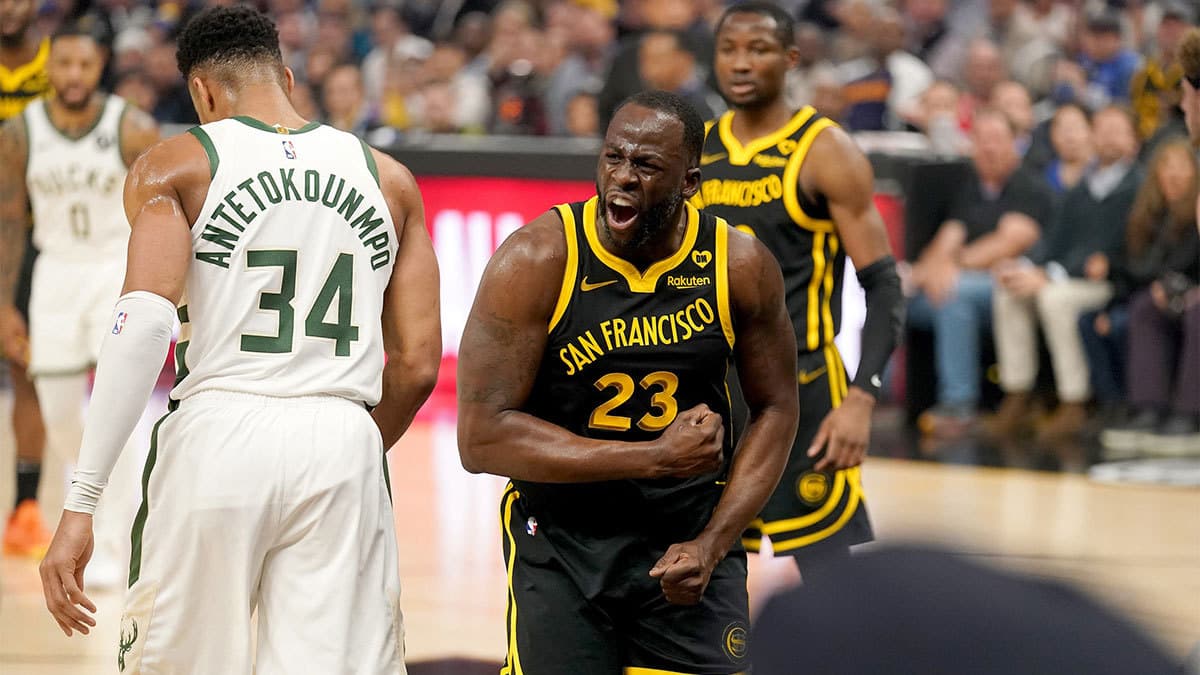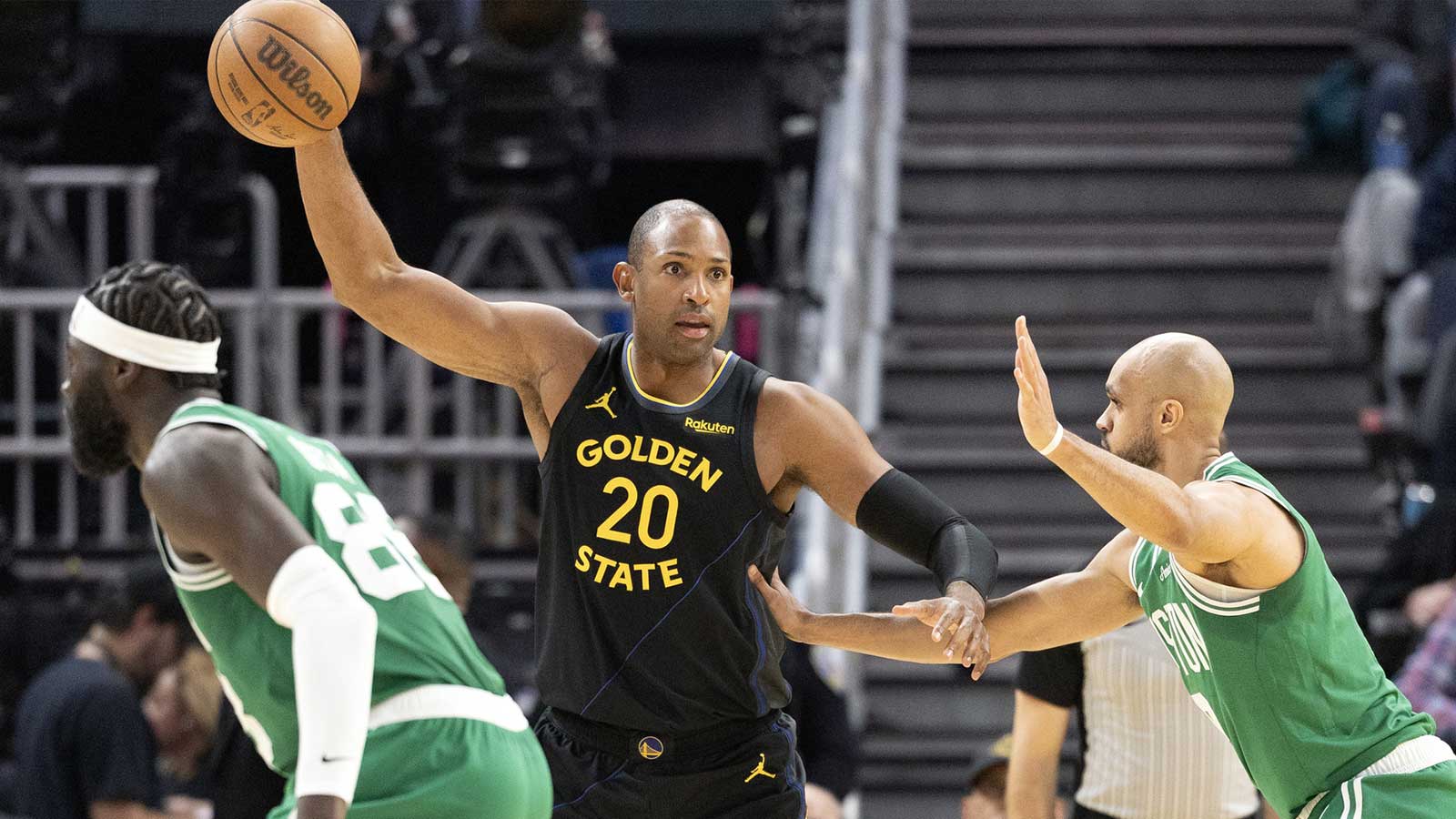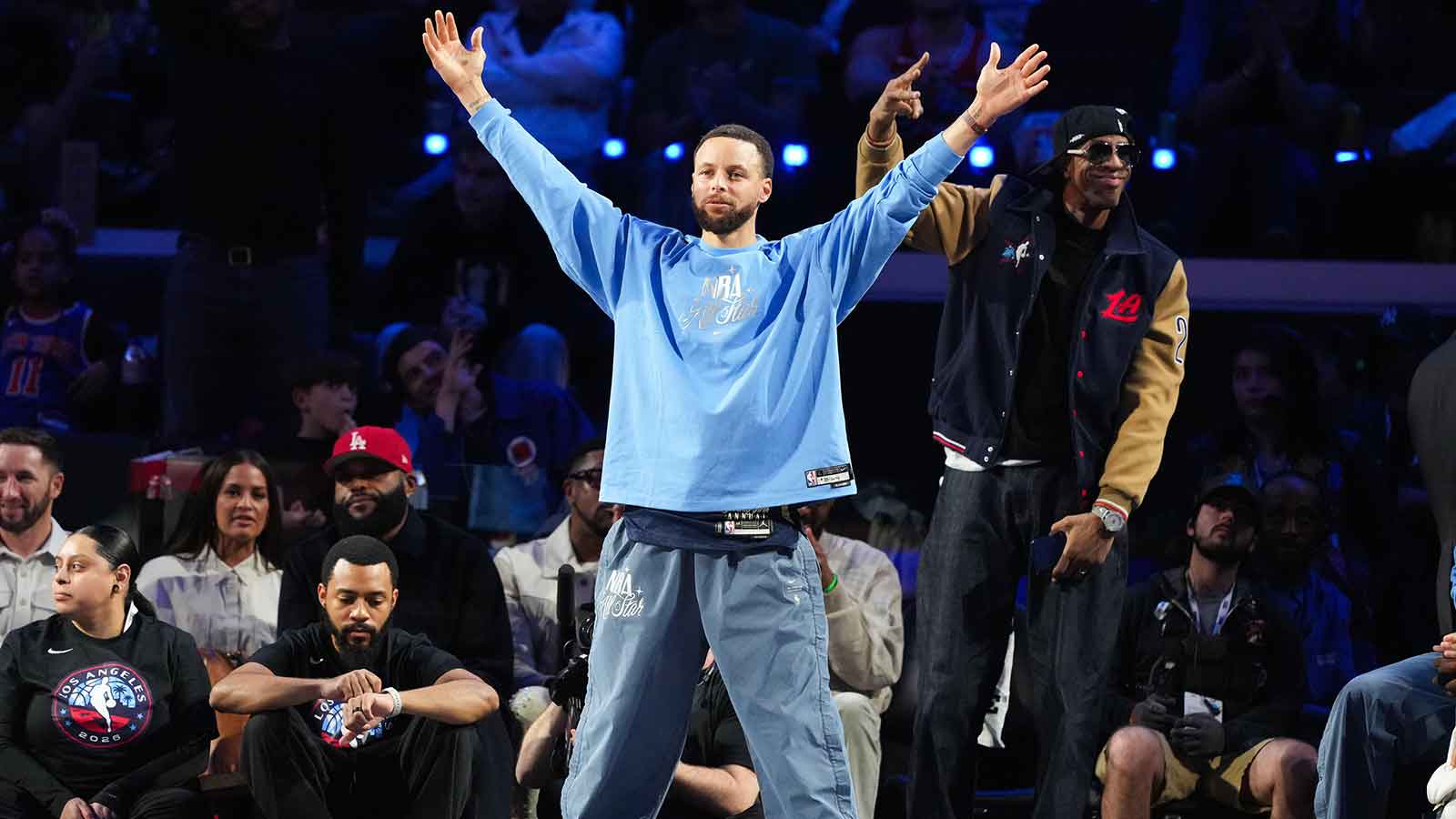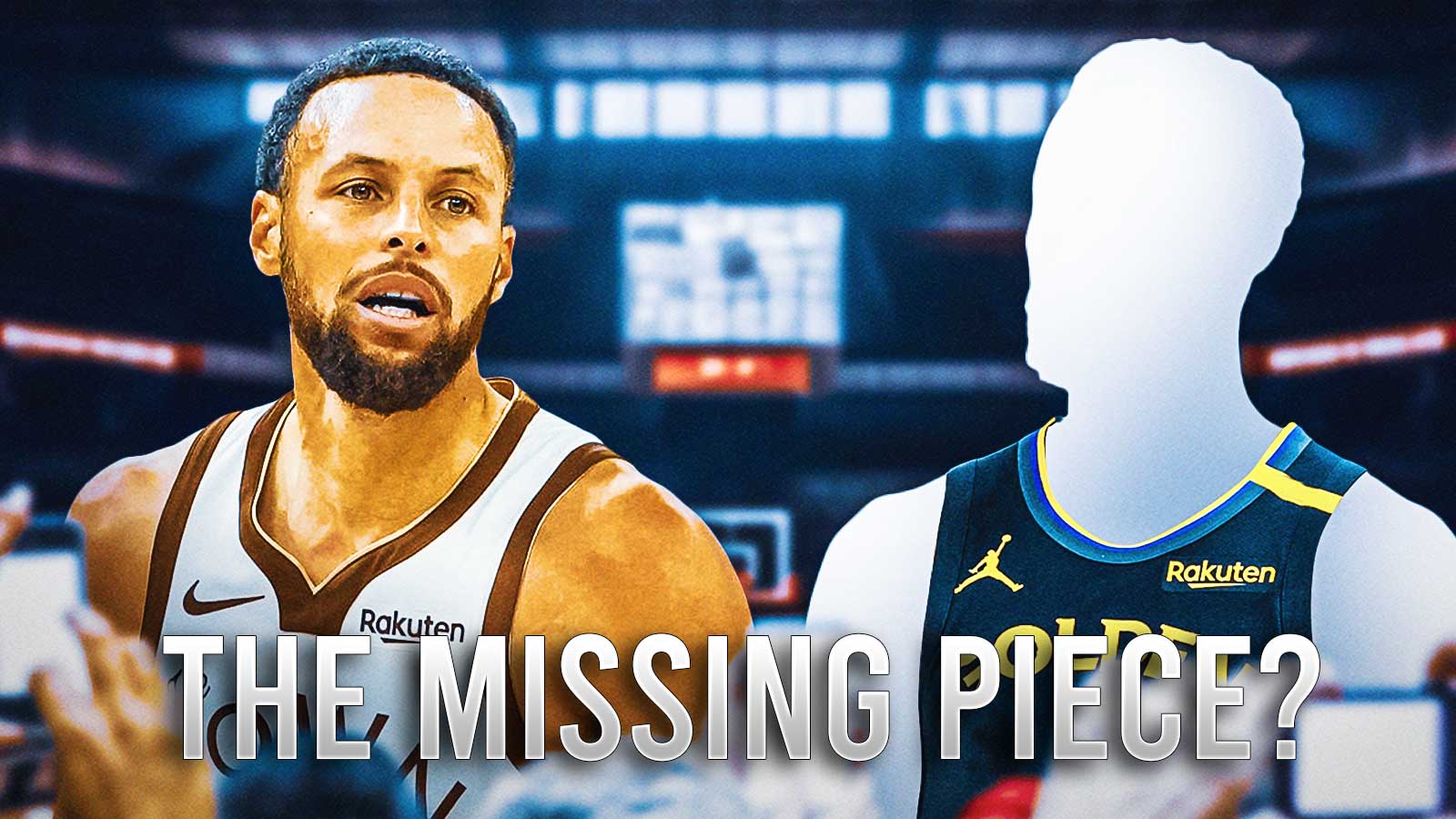The Golden State Warriors’ promising 5-1 start feels like a distant memory. Following a 126-102 drubbing at the hands of the Oklahoma City Thunder, the Warriors now sit at 6-6. Their fifth road loss of the young season and a reflection of a team searching for rhythm, focus, and identity.
After the loss, veteran forward Jimmy Butler didn’t mince words. Butler, who’s been vocal about accountability since joining Golden State, issued a blunt challenge not just to his teammates, but to himself and Jonathan Kuminga, whose role and performance have been at the center of recent discussion.
Jimmy Butler says players need to sacrifice for the greater good of the team, and show more fight.
“Everybody has to be honest with themselves.”
— De🅿️ressed Warriors Fan 💔 (@GoIdenState) November 12, 2025
“Myself, I can’t have turnovers,” Butler said. “JK can’t have turnovers. … We’re the ones that have to keep our turnovers down.”
Turnovers have been a glaring weakness for the Warriors, who have committed them in bunches during their four-game skid. Kuminga, in particular, has struggled to maintain control under defensive pressure. He had five turnovers in just 24 minutes against Oklahoma City, his fourth game in the past seven with at least four miscues.
The timing of Kuminga’s struggles couldn’t be more delicate. After an offseason clouded by contract uncertainty and discussions about his role, the 23-year-old has responded by leading the team in total minutes played this season (348).
Head coach Steve Kerr even called him an “entrenched starter” during Golden State’s hot start, praising his defensive activity, rebounding, and improved passing. But as the Warriors’ offense has grown stagnant, Kuminga’s decision-making and ball control have regressed.
Stephen Curry’s return against the Thunder offered little relief. The two-time MVP admitted afterward that his rhythm and conditioning were off. He finished with just 11 points on 4-of-13 shooting and committed five fouls, including the first flagrant foul of his 17-year career.
For Butler, the message is clear: the Warriors’ leaders must set the tone. Golden State has looked disconnected on both ends, and with their veteran core struggling to find its footing, accountability from within may be the only way to stabilize their season.
As Butler put it, “We’ve got the pieces. But until we take care of the ball and take responsibility, none of that matters.”

